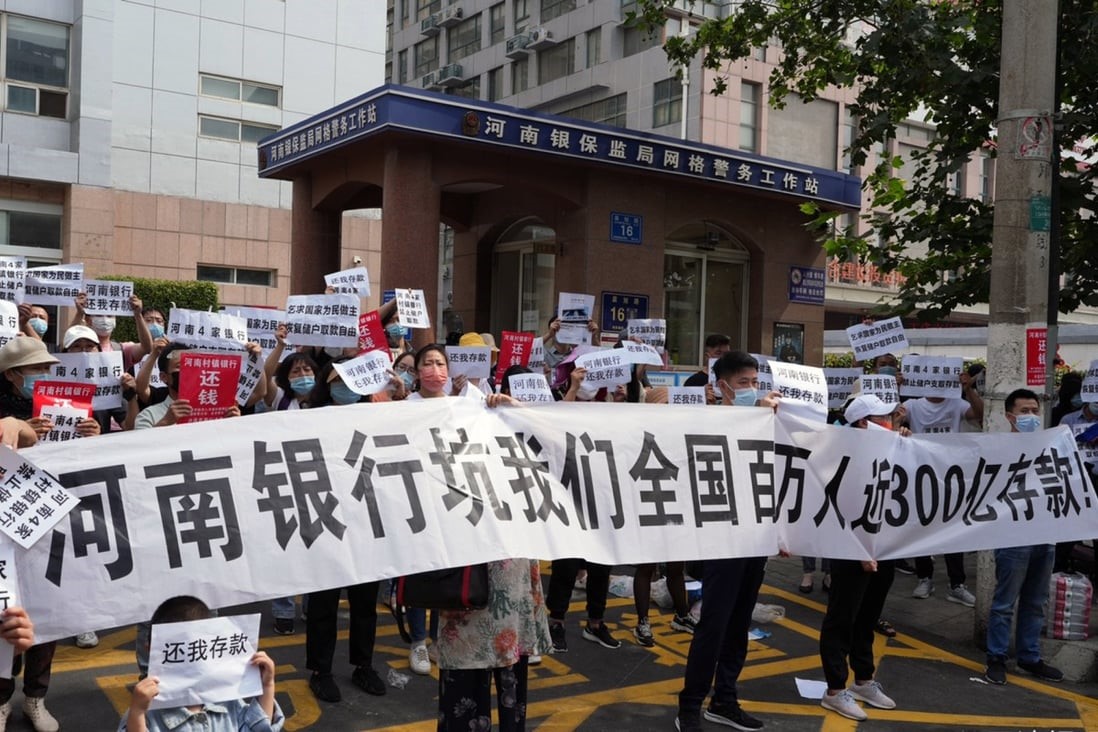Five years ago, I sold our apartment in Europe.
The sale proceeds went into our UK bank account. Almost £500,000 after deductions.
It had been a difficult sale. This was the second attempt. And I was thankful and relieved it had finally gone through.
A painful chapter of stress had come to an end.
Now I enjoyed logging into online banking to see the healthy balance. And to plan restarting a new life in New Zealand.
I would start a business. I would renovate a home. I would take trips across the country. What joy! It was time to say goodbye to long months of frigid winters, insipid coffee, and tight spaces.
Then, one evening, my login credentials didn’t work. I tried several times. After being locked out, I phoned the bank.
‘Give me your account number, sir,’ the young man said on the end of the phone.
I duly did.
‘I’m sorry. I can’t find that account.’
We tried again. Nothing. My accounts had disappeared off the face of the earth.
You can imagine how terrifying it is to try and log into your banking, to see a healthy balance, and then find ‘there is no record of your account’.
It seemed to have vanished into the sea.

Rozel Bay, near my old apartment. Source: Jersey
After searching for updates on the bank, I was reminded that it had been going through a process of ‘ring-fencing’ offshore accounts.
I called again and asked to escalate a serious complaint.
I was put through to a supervisor. After 50 minutes on the phone, he managed to locate my account. Apparently, it was in the process of being transferred to the new division.
Hallelujah! It did exist. And he would put me through to re-establish access, after all.
‘Well, that’s good,’ I said. ‘But I’d like some compensation for the stress you have caused me and my time tonight.’
‘How much would you be looking for, Mr Angelo?’
It struck me as an odd question. I gave him a figure. But it turned out the maximum he could authorise was £150.
All this resolved after a couple of painful hours. The bank was fine. I had called in the middle of a rather confused restructure.
But, for many depositors, if a bank fails, this can be far more painful.
There is no longer the ability to log in and access funds. Rather, the process begins of either claiming a government banking guarantee or waiting for a rescue.
When banks got into difficulty in Cyprus in 2013, the rescue involved all depositors taking a haircut from around 7% to 10% of their funds. Redistributed to them in unfavourable bank shares.
But worse than that was a series of bank runs that started in rural China, when depositors found they couldn’t access their accounts in several banks.
The banks said ‘they were upgrading their systems.’

Source: Weibo / SCMP
Last year, Fox News reported that over 1,000 protestors gathered outside one branch in desperation, after not being able to access their money for months.
According to a protestor Zhang, a force of Chinese police, outnumbering the protestors 3-to-1, turned up and started beating and arresting them.
Systems in the West may not be perfect, but when banks do get into trouble, you can be grateful for transparency and systems of law.
Although Silicon Valley Bank shocked the market, regulators acted promptly, and depositors were given full access to their money within days.
So, how can you remain safe in banks?
Five years on, that UK bank that lost my accounts is among the largest.
The apartment we worried about selling appears to be worth around £800,000.
Fears around the bank, the property, and the market were unjustified in this situation — as many fears are.
As people, we tend to hyper-process negative risks.
A negative risk gets more focus than positive upside. This is why so many fail to make and stick with good investments. And why so few become wealthy.
It’s the investor’s job to bear risk for profit. To assess markets, companies — and, yes, the veracity of banks.
Things move on. And you are left with an enduring lesson on the importance of measuring 3 factors:
- Value
- Potential
- Quality







Simon is the Chief Executive Officer and Publisher at Wealth Morning. He has been investing in the markets since he was 17. He recently spent a couple of years working in the hedge-fund industry in Europe. Before this, he owned an award-winning professional-services business and online-learning company in Auckland for 20 years. He has completed the Certificate in Discretionary Investment Management from the Personal Finance Society (UK), has written a bestselling book, and manages global share portfolios.